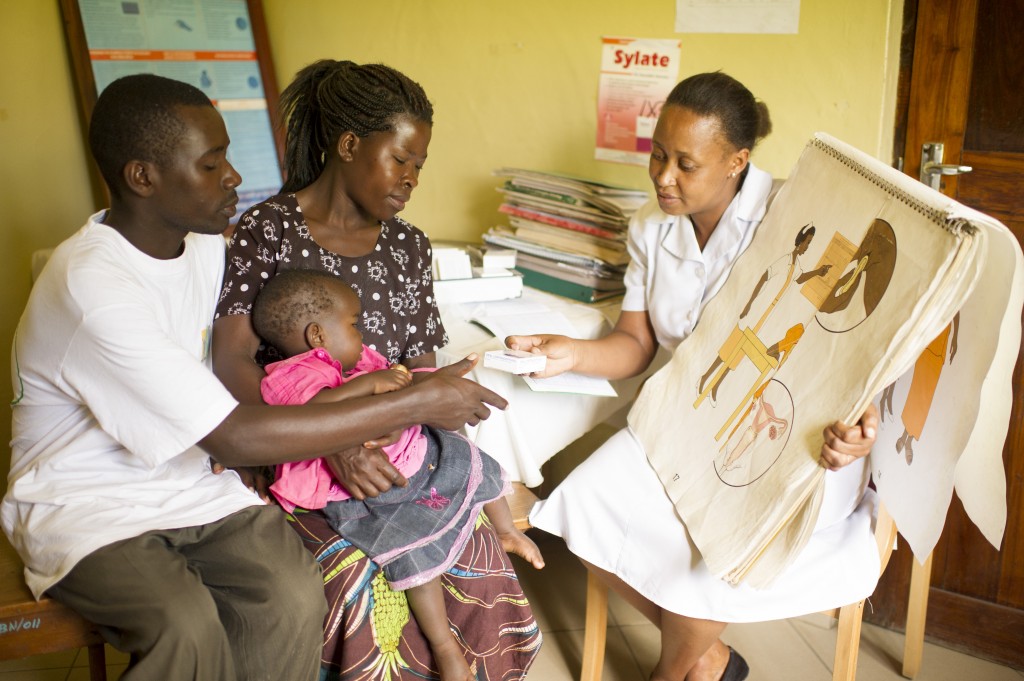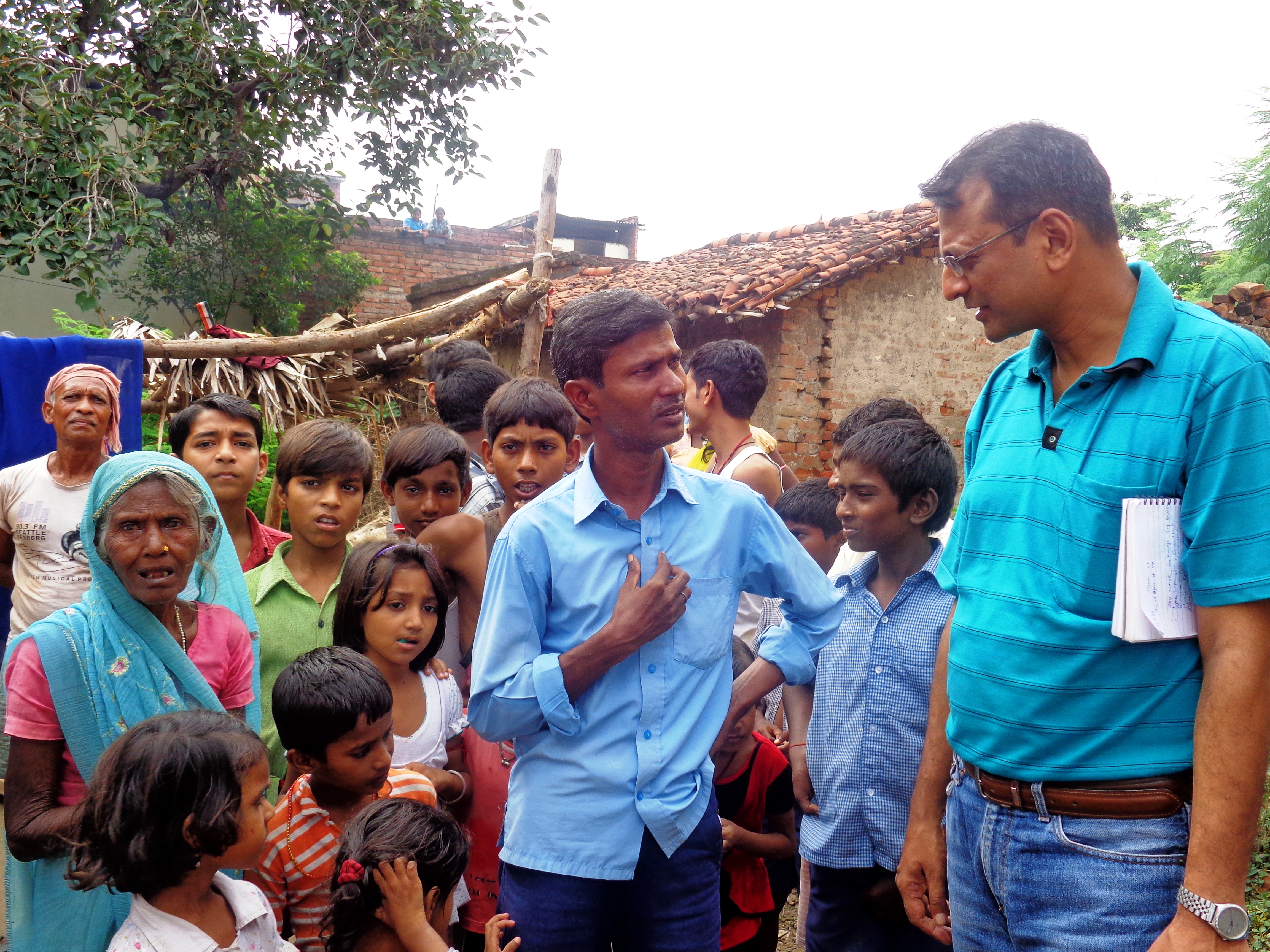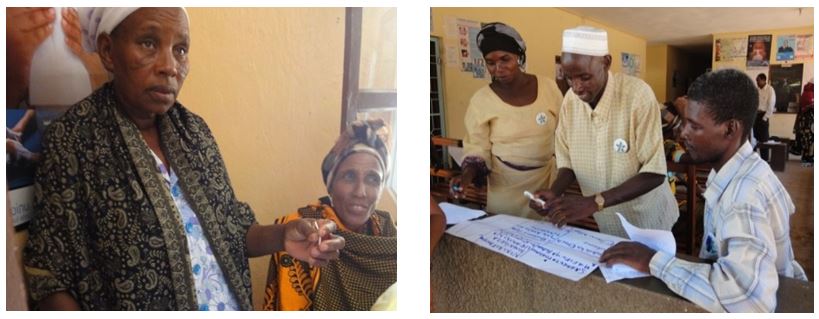by Sara Malakoff, Senior Program Associate, EngenderHealth
Female sterilization is the world’s most popular contraceptive method with more than 220 million users. Sterilization is convenient for women who desire to limit childbearing, as it requires no further visits to a health care provider. In addition, it does not have the side effects that contribute to the discontinuation of user dependent methods, such as hormonal contraception. However, access to both male and female sterilization varies significantly geographically, is limited in many parts of the world (particularly in rural areas), and has not increased at a pace comparable to that of the unmet need to limit childbearing.
In an attempt to address issues of full contraceptive choice and to ensure the availability of and access to a wide range of contraceptives, including permanent methods, Marie Stopes International (MSI) and EngenderHealth under the auspices of the Support for International Family Planning Organizations (SIFPO) project funded by USAID, convened a two-day technical symposium in Nairobi in March 2014 entitled Provision of Permanent Methods of Contraception in Low-Resource Settings. A dynamic group of over 40 participants from 27 organizations and 13 countries attended the event.









